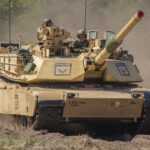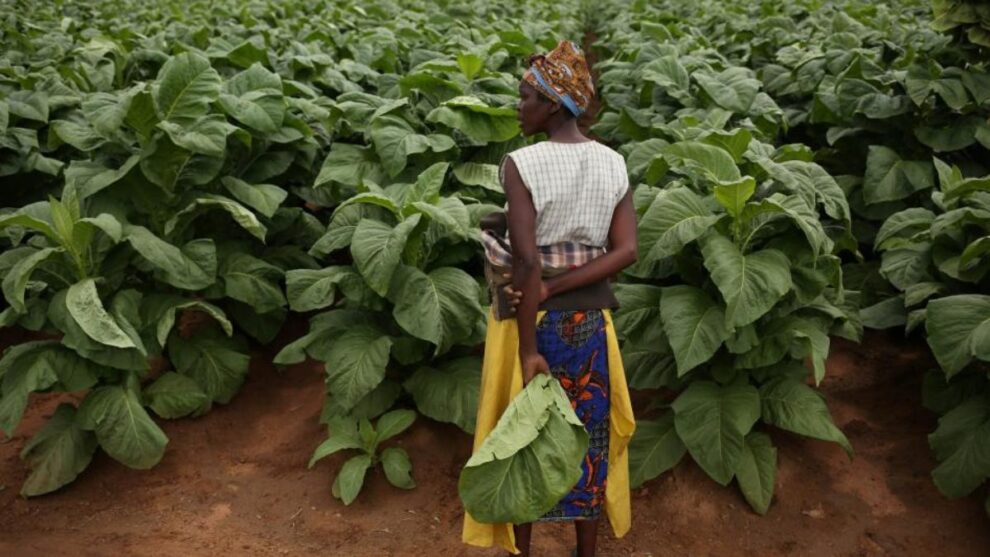Children across the vast expanse of rural Africa hoe, dig, plant, carry, tend livestock, cook, scrub, care for their siblings, and undertake many other farm and domestic tasks. Most of their work is on the farms of parents or relatives, and in most rural communities, learning to work is a normal part of growing up. As part of ongoing academic work a recently co-edited a book, Children’s Work in African Agriculture: The Harmful and the Harmless. It is the first book that directly and singularly addresses children’s work in African agriculture. It puts the notions of “harm” and “harmful work” at centre stage and argues that in most cases the work children do on farms does not result in harm. Through a combination of thematic and case-based chapters the book seeks to re-frame the debate about children’s work and harm in African agriculture. We argue such a re-framing can help rural children in two ways. First, by disrupting the dominant child labour discourse that pushes all children’s work, whether it be harmful or harmless, into the category of harmful child labour. Second, by opening new avenues to more effectively address that portion of children’s work that is harmful.
Source : Africa











